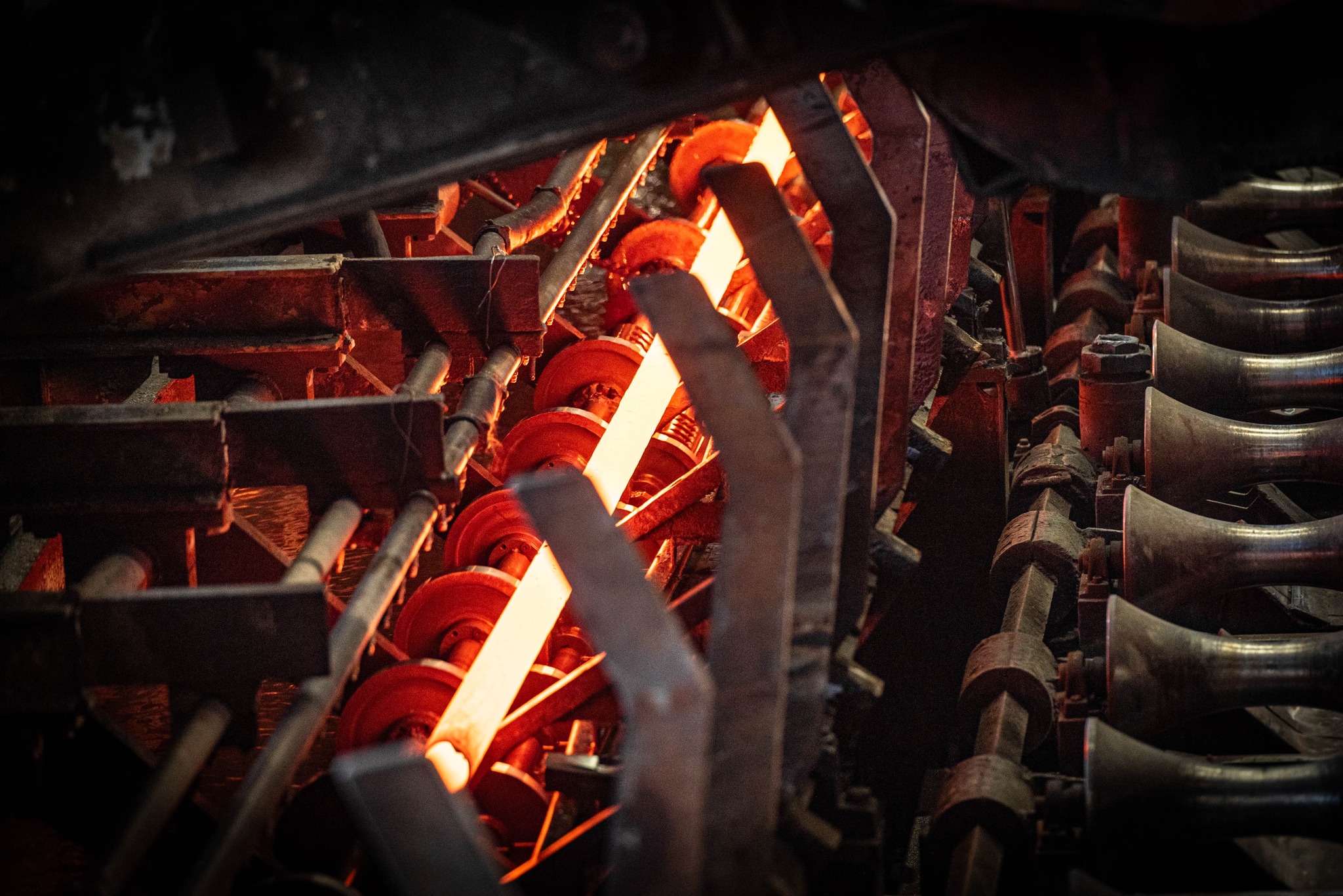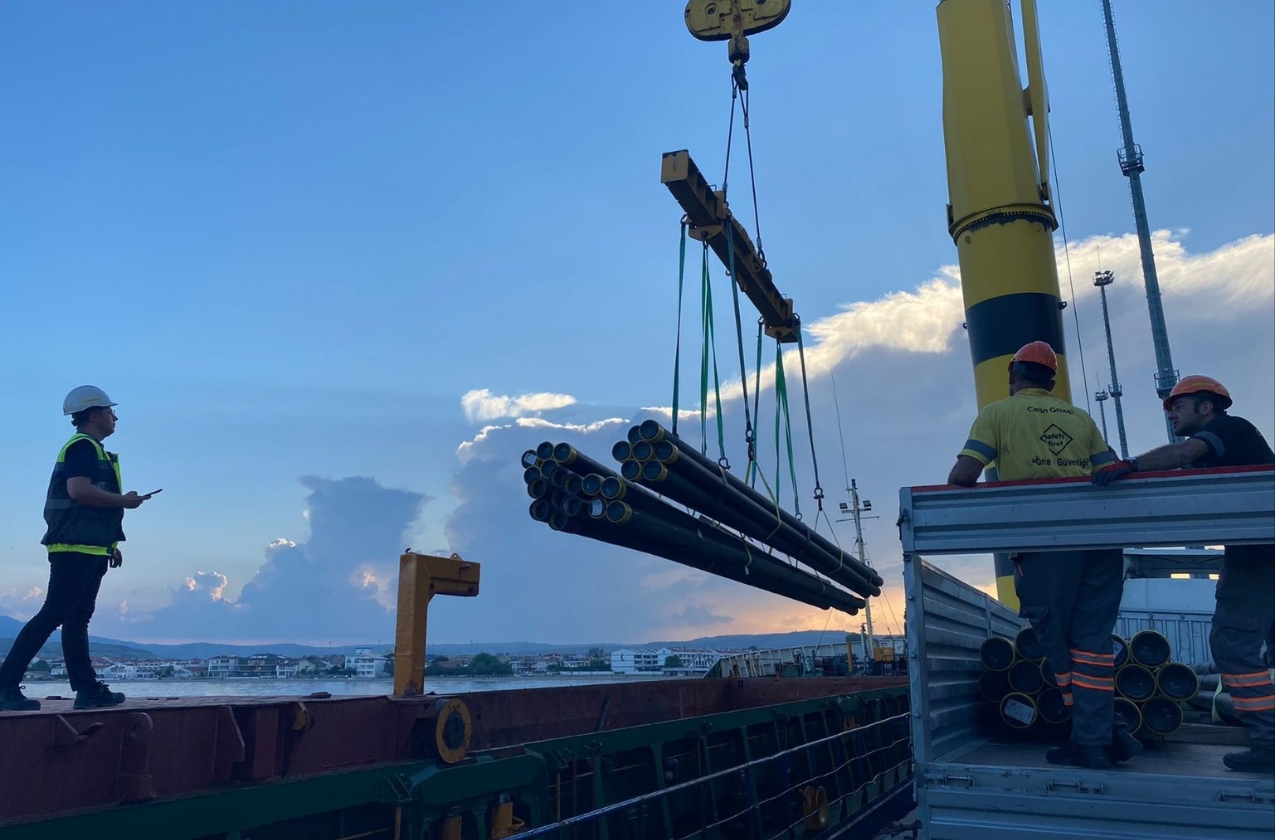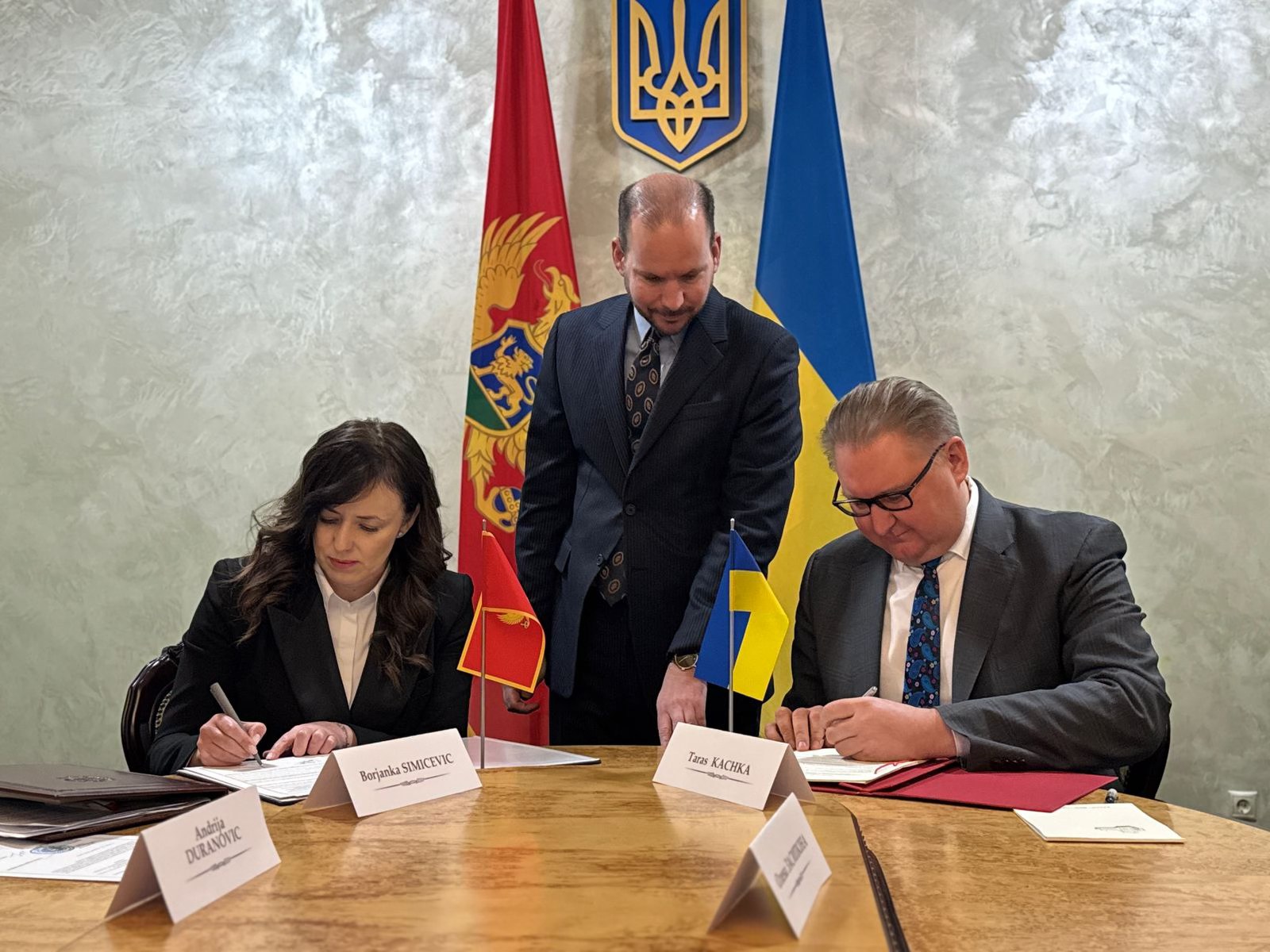Ukrainian industrial company Interpipe has decided to solely rely on its own resources to cover the cost of war risk insurance at sea.
This statement was made by the company’s procurement and logistics director, Oleksiy Yanovskyi, in reference to the challenges of securing maritime insurance, particularly in relation to the "Unity Insurance Facility" and state reinsurance mechanisms.
“We unfortunately don’t feel the effects of these initiatives and mechanisms. Today, we can only rely on our own resources to cover the cost of war risk insurance,” emphasized Yanovskyi.
The company, which exports 40% of its products (railway products, pipes) through the ports of Odessa region, also noted that the cost of war insurance has not significantly changed since the introduction of the so-called temporary corridor, remaining prohibitively high.
“In my opinion, this will not change until a legally binding ceasefire regime is established. The fact that the shelling has become less systematic and destructive over a certain period does not guarantee that a strike won’t happen at any time, making the risks still present. As such, the high cost of insurance remains,” Yanovskyi explained.
Interpipe also raised concerns about the need for state compensation in the event of damage to commercial vessels (ideally, including cargo) as a result of actions by Russia. Given the small number of such cases, Yanovskyi believes the burden on the state budget would be minimal.
“However, the very fact of such political will would create the conditions for greater trust among shipowners, leading to an increase in those willing to work in Ukrainian ports. As a result, we can expect a reduction in insurance rates. It’s clear that a simple, transparent, and effective compensation mechanism should be developed, along with a broad strategic communication campaign,” concluded the Interpipe representative.





















